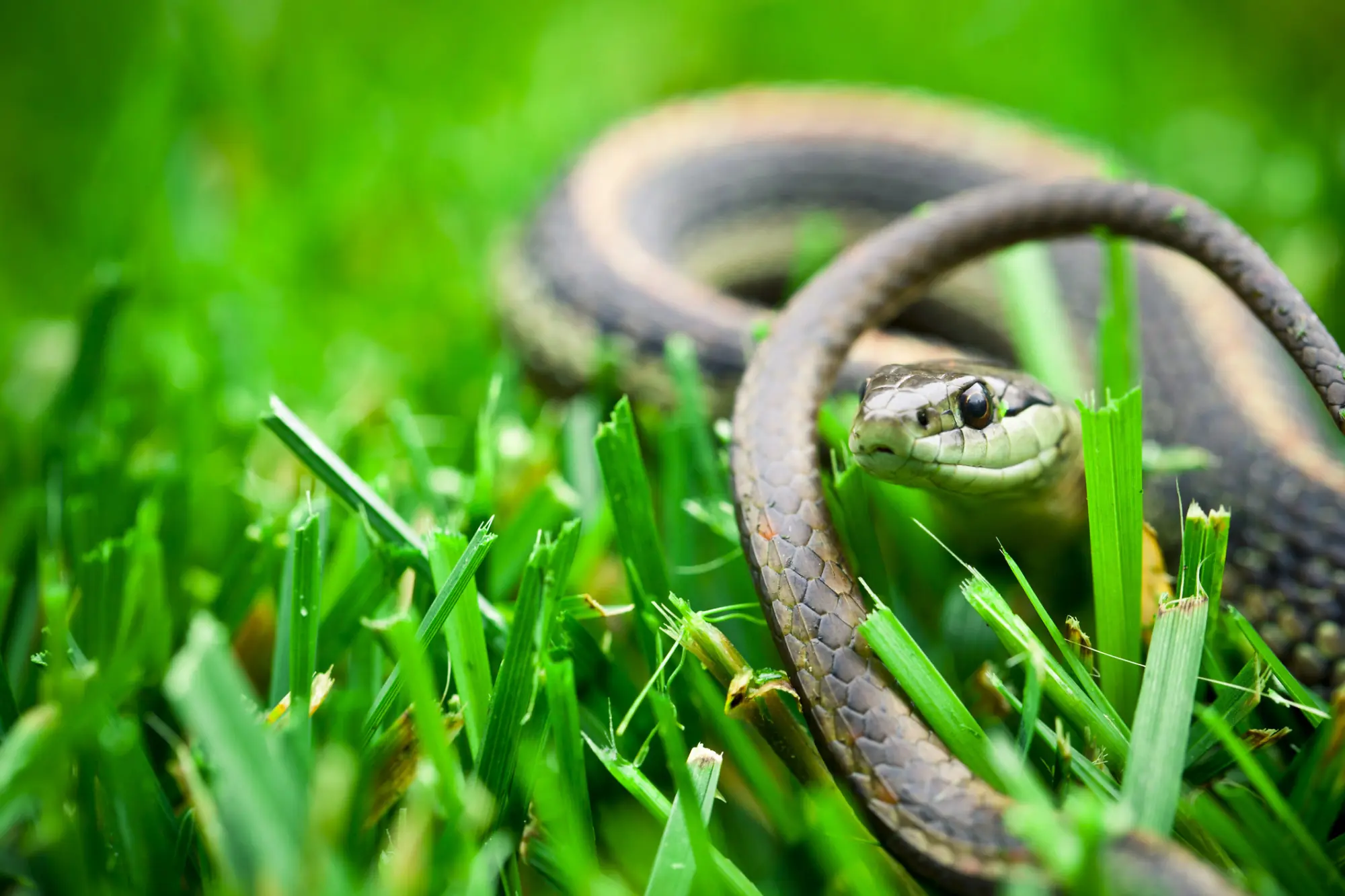
6 Different Ways to Use Eggshells in Gardening and Why They Are Beneficial
Eggshells are often overlooked, but in gardening, they can offer numerous benefits for your plants. They are rich in calcium, an essential nutrient for plant health, and can help improve soil structure, prevent diseases, and promote healthier growth. Here are 6 different ways to use eggshells in gardening, along with explanations of how they help your plants

1. Starting Seeds in Eggshells
A simple and effective method for starting seeds is to use eggshells. They provide a small, natural space for seeds to germinate, and once the plants are big enough, you can plant the entire shell directly into the soil. This will protect delicate roots and give your plants a healthy start.
How to do it:
- Collect eggshells and cut them in half, making sure to clean them thoroughly.
- Fill the egg halves with quality soil and plant the seeds.
- Water them regularly and let them grow.
- Once the seeds have germinated and the plants are large enough to be transplanted, you can plant the entire eggshell in the soil. It will break down over time, enriching the soil.
Benefits:
- Protects delicate plant roots in the early stages of growth.
- The eggshell gradually decomposes, adding calcium and other nutrients to the soil.
- It’s an eco-friendly method, reducing organic waste.
2. Crushed Eggshells as Fertilizer
Eggshells are an excellent source of calcium, a mineral essential for plant development, especially for healthy roots and the prevention of diseases like blossom end rot in tomatoes and peppers.
How to do it:
- Collect eggshells, wash them, and let them dry.
- Crush them in a blender or by hand to make small pieces.
- Sprinkle the crushed shells around your plants or mix them directly into the soil.
Benefits:
- Calcium helps prevent calcium deficiency-related diseases.
- The shells break down slowly, providing a steady supply of calcium and other minerals.
- Improves soil structure, aiding in water drainage and soil aeration.

3. Liquid Fertilizer for Plants
Eggshells can also be used to create a liquid fertilizer, providing your plants with a boost of calcium and other minerals. This is an excellent way to deliver nutrients without overloading the soil with solid materials.
How to do it:
- Place crushed eggshells in a large container with water (about 4 liters of water for 10-15 eggshells).
- Let them boil for 30-60 minutes to release minerals from the shells.
- Let the mixture cool and strain it to remove the eggshells.
- Use the water to water your plants.
Benefits:
- Easy method to apply nutrients to plants.
- Calcium helps prevent diseases and promotes healthy plant growth.
- Doesn’t overload the soil with solid materials, but ensures a consistent supply of minerals.
4. Natural Pest Repellent
Crushed eggshells can be used as a natural pest repellent. Slugs, snails, and other insects are often deterred by the sharp texture of eggshells, and creating a barrier around your plants can prevent these pests from attacking.
How to do it:
- Crush the eggshells into larger pieces, but not too fine.
- Sprinkle the crushed shells around your plants or garden.
- Make sure to cover the entire area affected by pests.
Benefits:
- Protects plants from slugs, snails, and other insects.
- Non-toxic and doesn’t harm the environment.
- An eco-friendly and cost-effective solution for pest control.
5. Enriching Compost with Eggshells
Eggshells can be added to compost to enrich the organic material with valuable minerals like calcium. They decompose slowly and help maintain a balanced compost that will nourish the soil in your garden.
How to do it:
- Collect eggshells and let them dry completely.
- Crush them into a smaller form, either powder or larger chunks.
- Add the eggshells directly into the compost, mixing them with other organic materials.
Benefits:
- Enriches compost with essential minerals and helps maintain balanced soil pH.
- Promotes the decomposition of organic material and improves soil texture.
- Helps prevent plant diseases and supports healthy plant development.

6. Adding to Chicken Feed Once a Week
Eggshells can also be added to the feed of chickens once a week. This provides them with extra calcium, which is essential for laying hens to produce strong eggshells and maintain good health.
How to do it:
- Crush eggshells into small pieces or grind them into a powder.
- Sprinkle the crushed eggshells into the chicken feed once a week.
Benefits:
- Provides chickens with additional calcium, supporting strong eggshell production.
- Promotes overall chicken health and productivity.
- Reduces waste by reusing eggshells in the poultry diet.
Conclusion
Eggshells are a versatile, natural resource that can be used in many ways to improve the health of your plants and garden. From protecting delicate seeds and roots to enriching the soil with essential minerals and preventing pests, eggshells offer a range of benefits. Whether you use them as solid fertilizer, liquid feed, or pest repellent, you will notice healthier, more productive plants. Additionally, reusing eggshells reduces waste, making it an eco-friendly and economical solution for your garden.
News in the same category

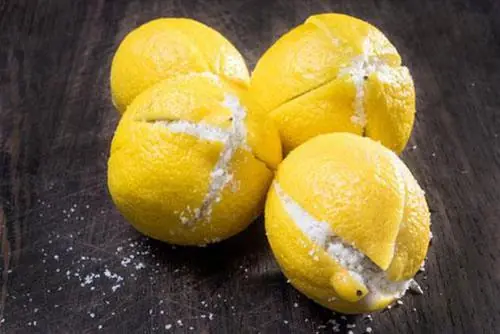
Little-known benefits of placing lemon with salt in the room
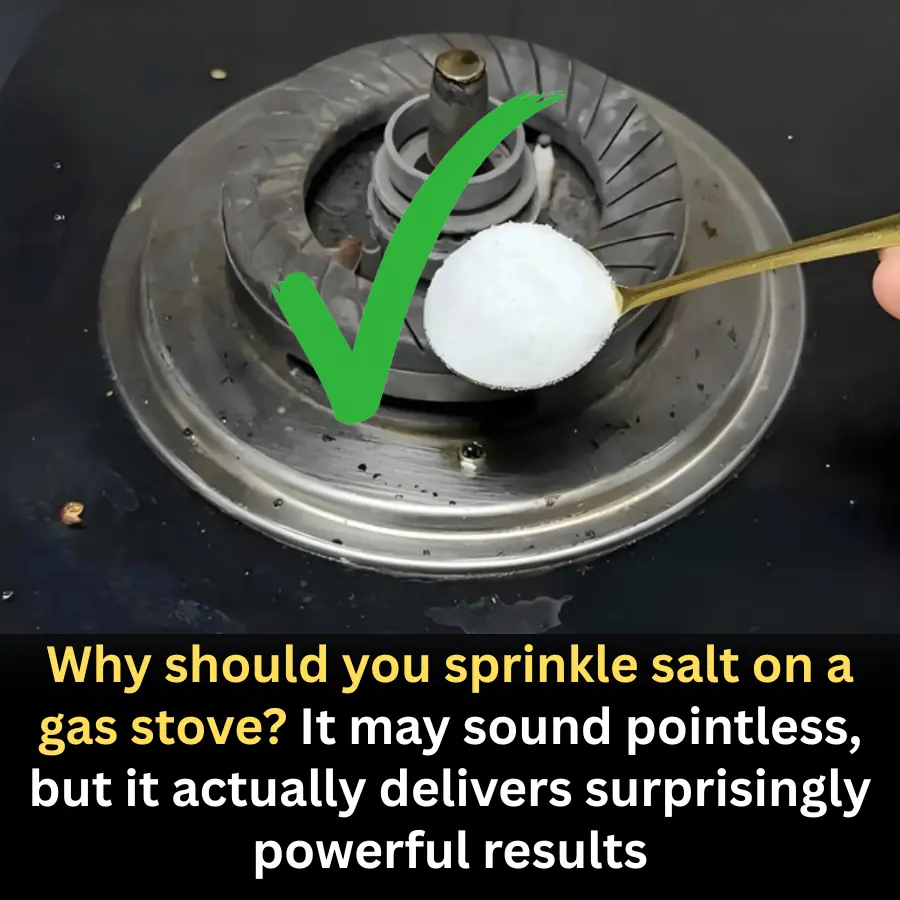
Why Sprinkling Salt on a Gas Stove Is a Smart Household Trick
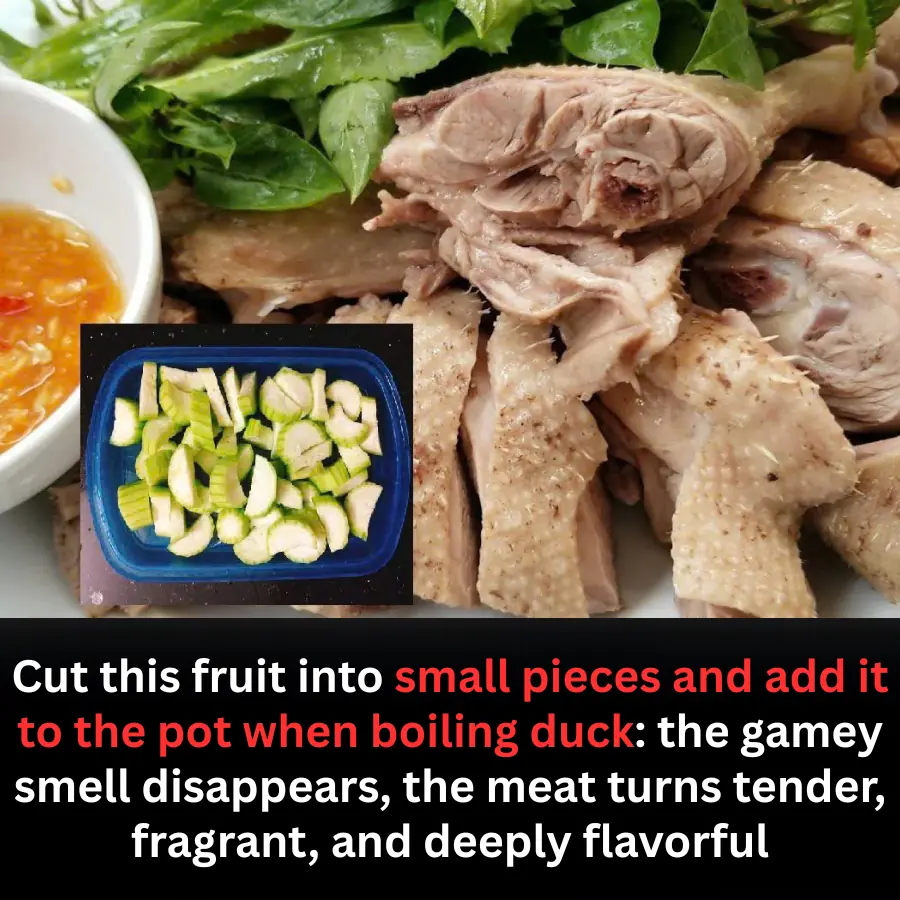
A Simple Kitchen Trick: Add This Fruit When Boiling Duck to Remove Odor and Boost Flavor

Never store your cooked rice without knowing this
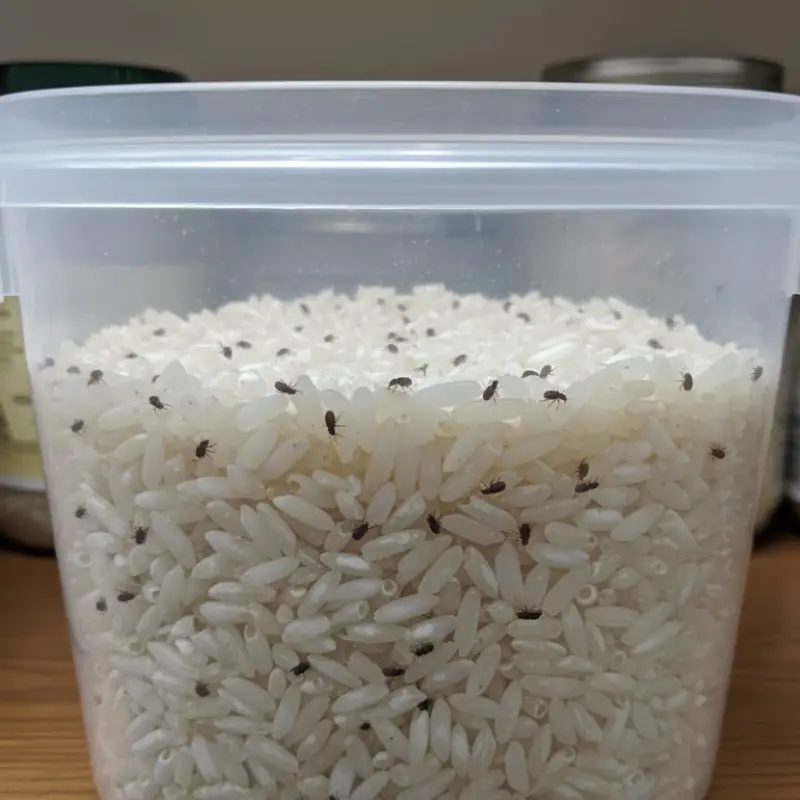
How to store rice to prevent insects and mold: Tips to keep rice fresh and flavorful

Why placing a roll of toilet paper in the fridge can effectively remove odors?
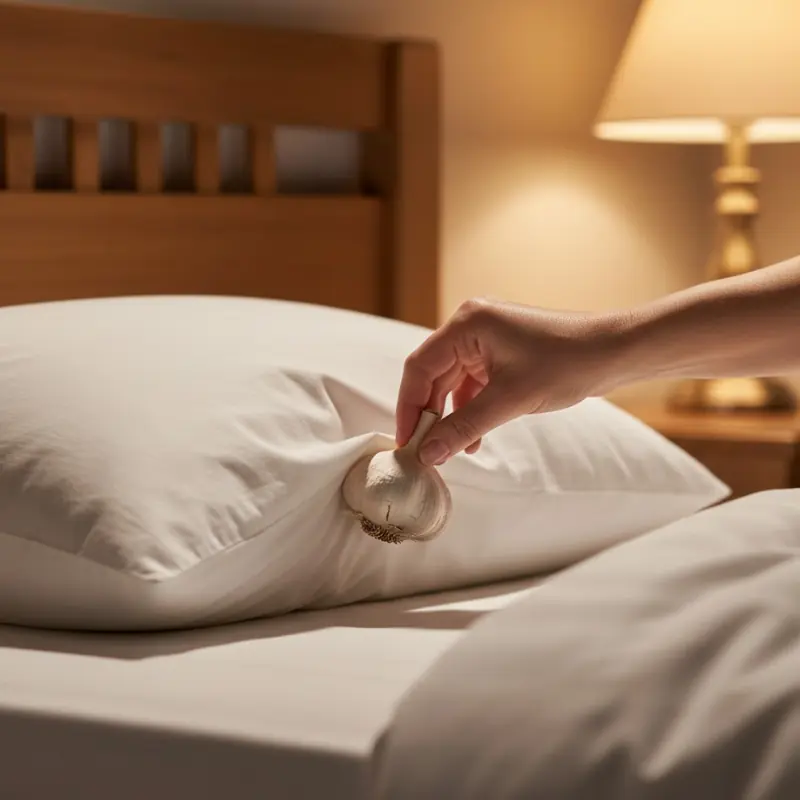
Why Should You Place Garlic by Your Bedside at Night? Everyone Will Want to Try It Immediately
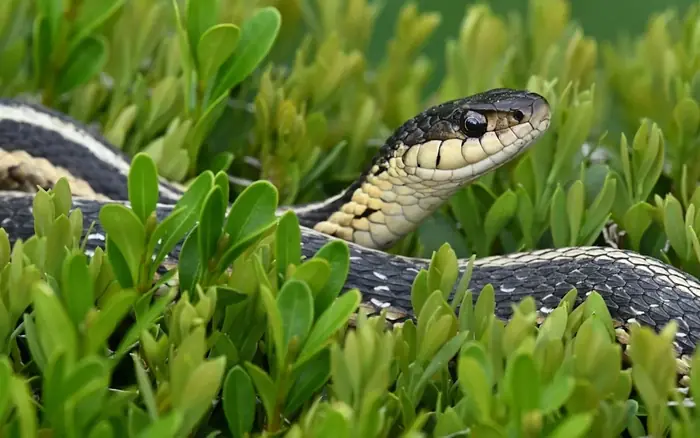
6 plants that snakes are strongly attracted to, and 3 that naturally keep them away
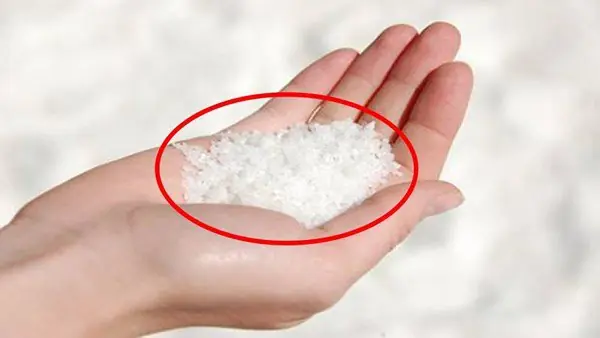
Sprinkling salt in door cracks: A simple habit with surprising meaning and practical benefits
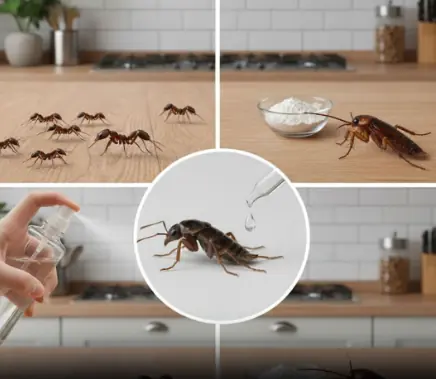
Goodbye fleas, ants, and cockroaches with this home remedy
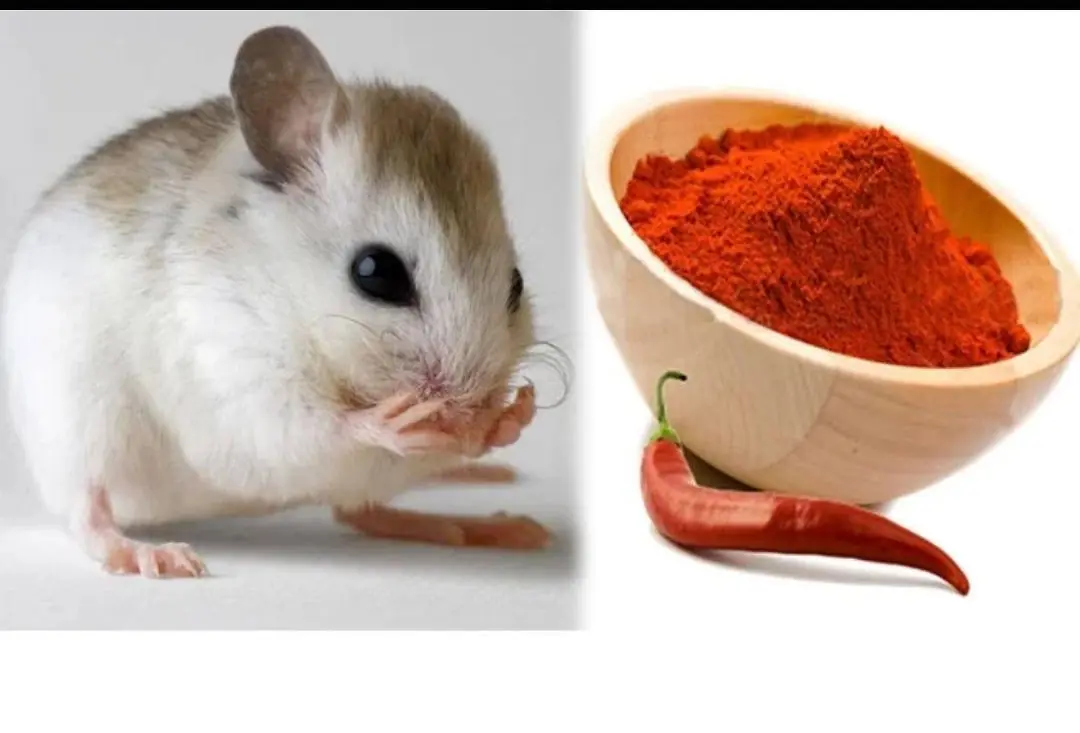
3 Easiest Ways to Get Rid of Mice in Your House
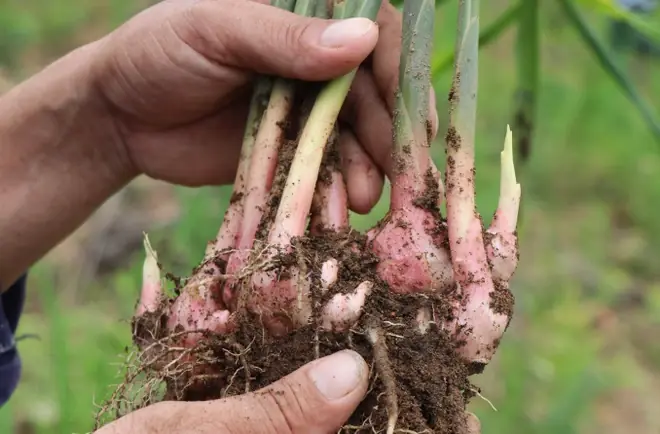
How to grow ginger at home easily and enjoy fresh ginger all year round
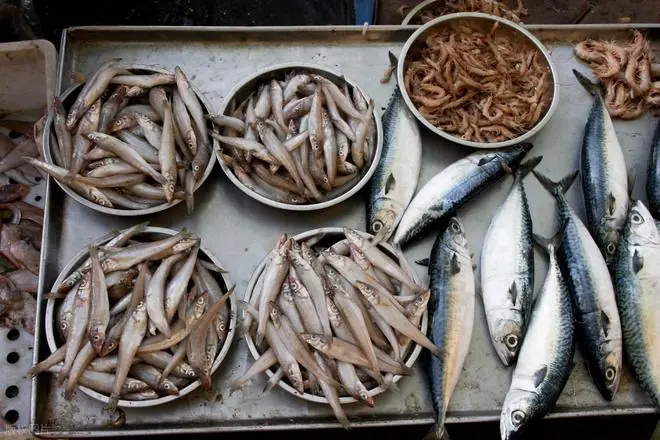
4 Types of Fish That Are Prone to Heavy Metal Contamination — Even Sellers Rarely Eat Them

Electrical devices to unplug during storms, thunder, and lightning

The Military Sleep Technique That Can Help You Fall Asleep in 2 Minutes
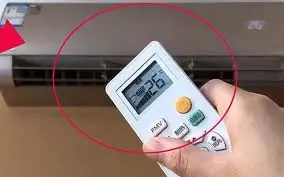
Why shouldn't you set the air conditioner to 26°C at night?
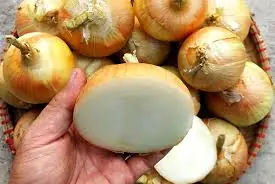
9 out of 10 people store onions incorrectly: Here's why you shouldn't keep them in the fridge

Smart travel tip: Why you should toss a water bottle under your hotel bed?
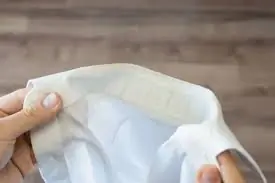
Don't throw away your yellowed white shirts - try this soaking method to make them bright and as good as new
News Post
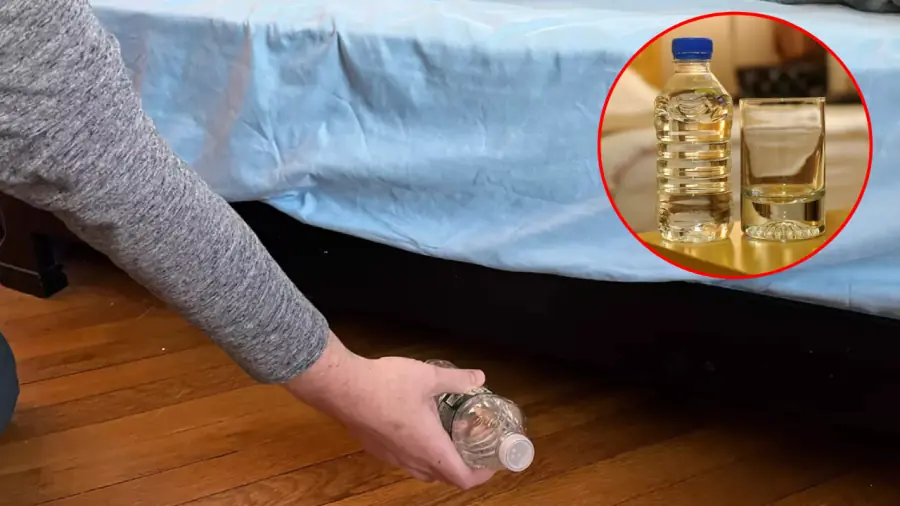
Always Throw a Water Bottle Under the Hotel Bed: A Flight Attendant Reveals Why

Drinking These 4 Common Beverages Could Be Harming Your Kid.neys
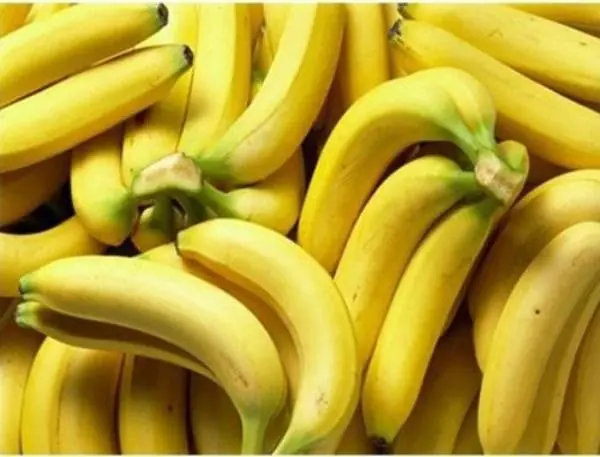
What a Daily Banana Could Mean for Your Blo.od Pressure?

When a Family Member Passes Away, Don’t Throw Away These 4 Important Things

Waking Up at Night to Urinate? Read This

A 14-Year-Old Girl Diagnosed with Colorectal Can.cer: Doctors Warn—It’s Better for Children to Skip Breakfast Than Eat These 4 Types

Every woman likes to be touched in these "3 places" on her body, especially the first place

Plants That May Attract Snakes to Your Home: What You Should Know
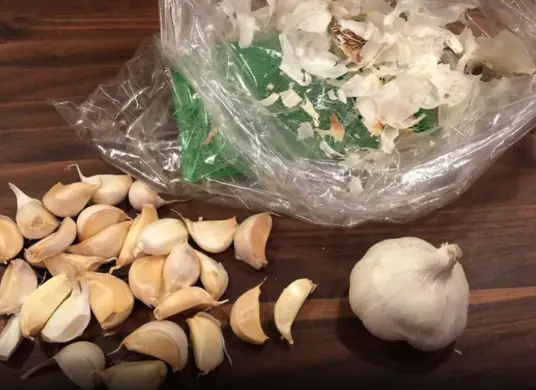
Garlic peels are not trash, don't rush to throw them away
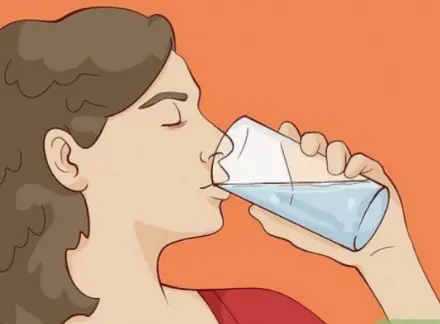
Say Goodbye to Joint and Foot Pain with a Relaxing Rosemary Bath

If You See A Man With One Painted Fingernail, Here’s What It Means

Dog ticks bit 3 people in a family, 2 died: If you can't keep them clean, don't keep them, they're full of diseases
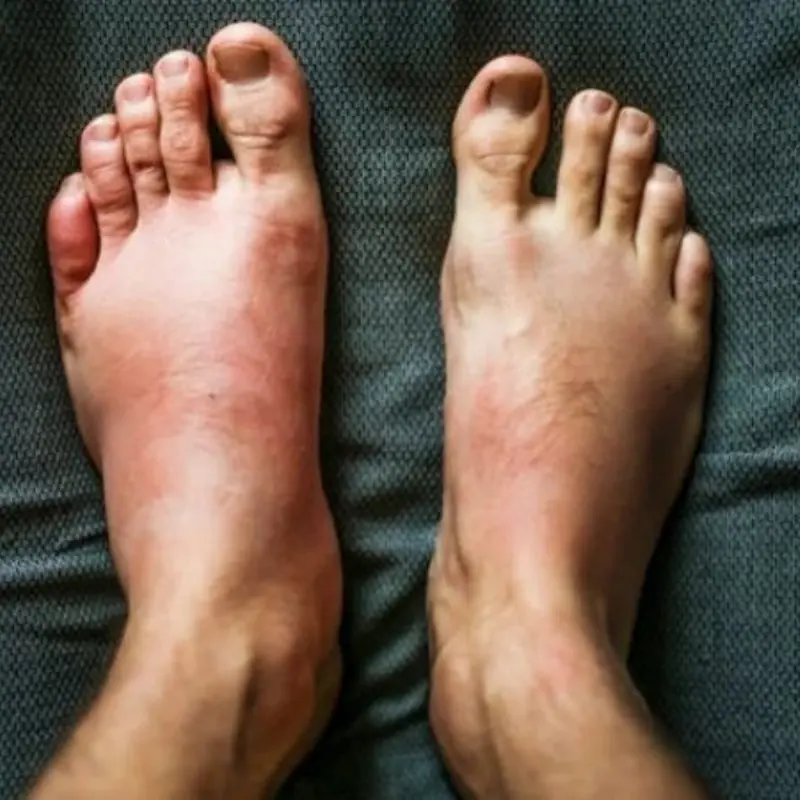
Don’t Ignore These 7 Early Heart Attack Warning Signs
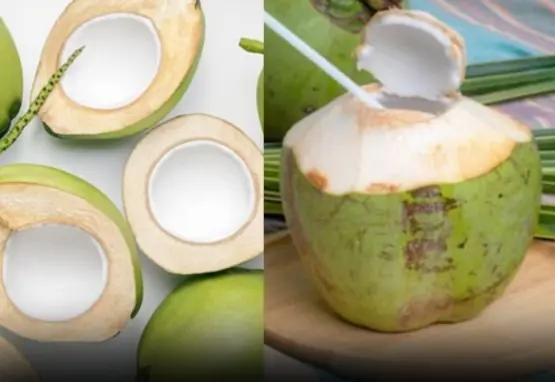
Drink coconut water on an empty stomach for 7 days, kill 10 birds with one stone: it's a waste not to try it
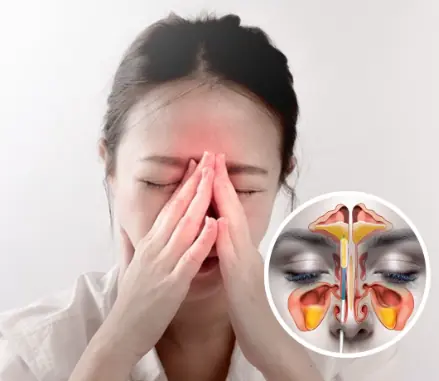
8 Natural Remedies for Sinus Infections That Work Without Antibiotics
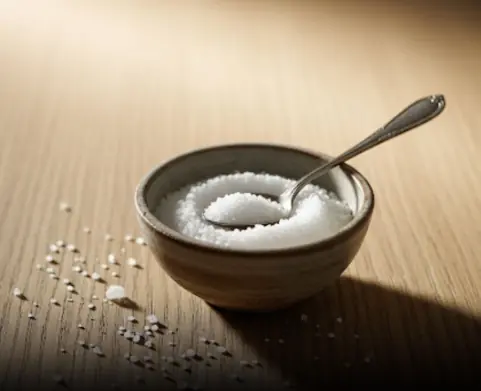
This One Superfood Could Tackle Major Health Issues—Here’s What You Need To Know

If You’re Farting More Than 25 Times a Day—It Might Be a Sign Your Body is Trying to Warn You
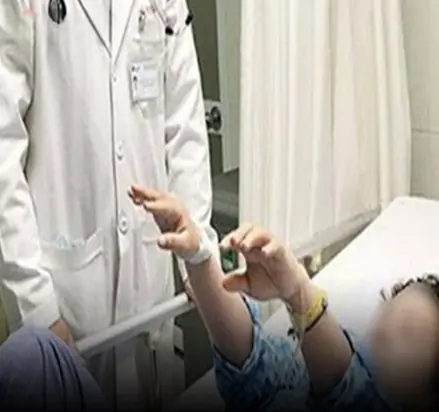
Preventing Stroke At Any Age: 3 “Don’ts” After Meals—And 4 “Don’ts” Before Bed
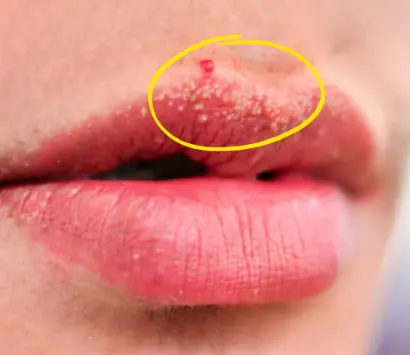
Why You Might See Unusual White Bumps On Your Lips Or Genitals
